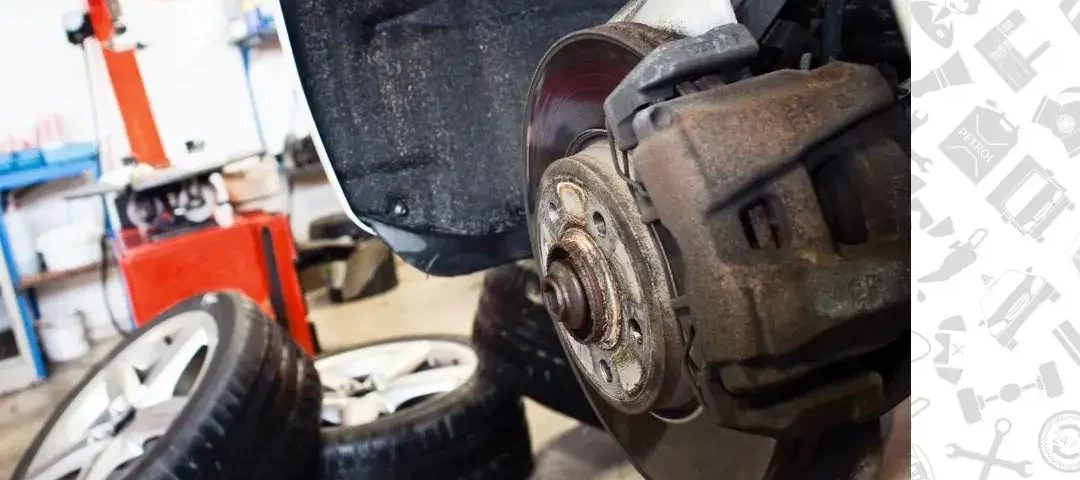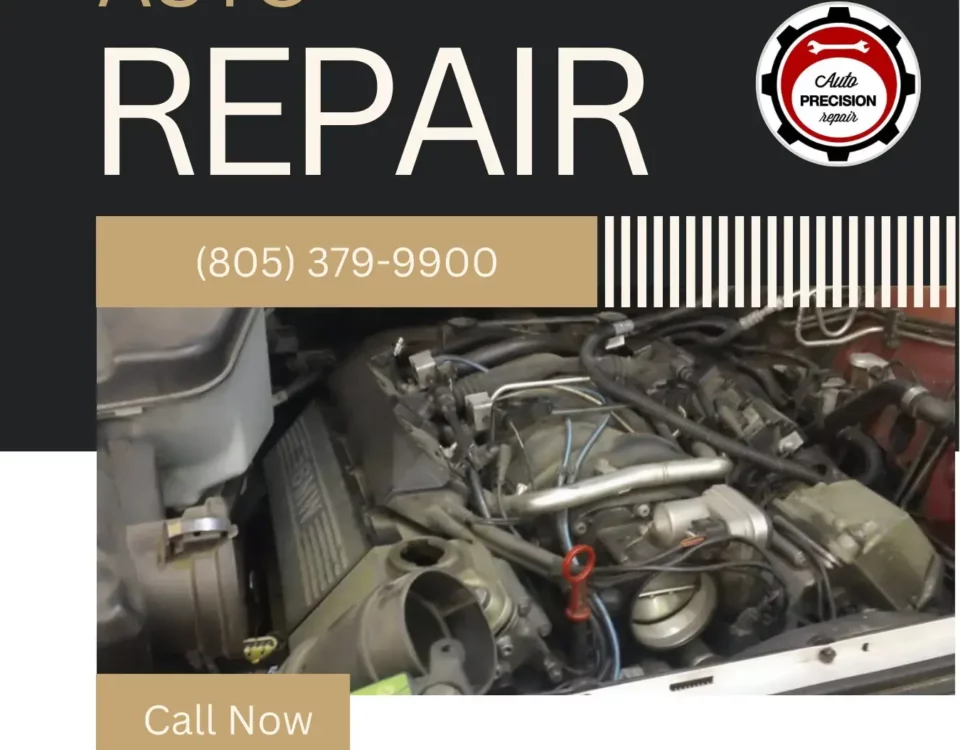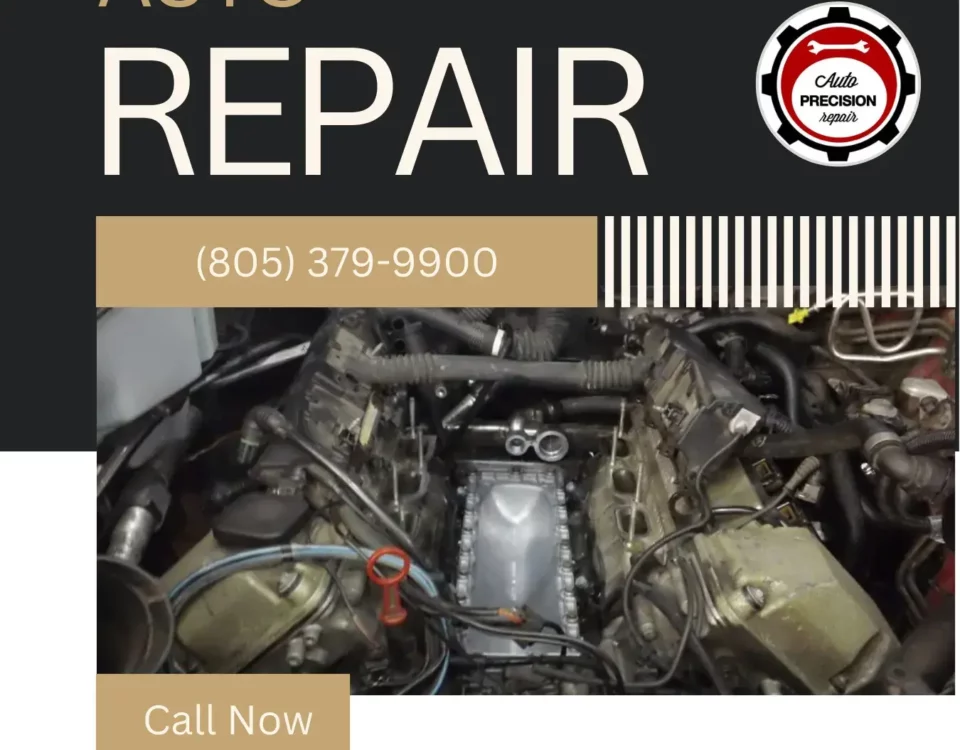
How Auto Repair Experts Handle Common Brake Problems
October 3, 2024
Essential Mechanic Services Your Car Needs for Optimal Performance
October 10, 2024In the realm of auto repair services, the significance of regular brake checks cannot be overstated for both safety and economic reasons. Conducting systematic evaluations allows technicians to detect issues such as worn brake pads, warped rotors, or hydraulic fluid leaks, which, if left unaddressed, can culminate in catastrophic failures. This preventative measure not only assures optimal vehicle performance and driver safety by preempting brake malfunctions but also mitigates the risk of incurring exorbitant repair costs. Understanding the intricate balance between maintenance and performance, one might wonder how these routine checks influence the overall longevity and efficiency of braking systems.
Safety Benefits
Conducting regular brake checks in auto repair services provides significant safety benefits for vehicle operators. Ensuring the optimal performance of braking systems is crucial, as brakes are the primary mechanism for controlling a vehicle’s speed and ensuring its stoppage. Regular inspections help identify wear and tear, such as thinning brake pads, rotor warping, or fluid leaks, which, if left unchecked, can lead to brake failure.
Technicians employ diagnostic tools and visual inspections to assess the condition of brake components. These assessments often include measuring the thickness of brake pads and rotors, testing brake fluid for contamination, and evaluating the condition of calipers and hoses. Identifying issues early allows for timely intervention, mitigating the risk of accidents caused by brake malfunction.
Furthermore, a well-maintained brake system provides better vehicle control, reducing stopping distances and enhancing overall driving stability. This is particularly essential in adverse weather conditions or emergency situations, where the ability to stop promptly can prevent collisions.
For vehicle operators, regular brake checks foster a sense of security and reliability. By ensuring their braking systems are in top condition, they contribute to safer roadways and a stronger sense of community responsibility.
Cost Savings with Proper Auto Repair
In addition to enhancing safety, regular brake checks in auto repair services offer substantial cost savings for vehicle owners. Proactive maintenance can identify minor wear and tear issues before they escalate into major, costly repairs.
For instance, replacing brake pads, which typically cost between $100 and $300, is significantly more economical than the potential expense of replacing rotors or calipers, which can run into the thousands.
Moreover, routine inspections can extend the lifespan of the braking system components. By ensuring that parts such as brake fluid, pads, and rotors are in optimal condition, vehicle owners can avoid premature replacements. This not only reduces the frequency of repairs but also sustains the vehicle’s overall performance, leading to long-term financial savings.
Additionally, regular brake checks can enhance fuel efficiency. A well-maintained braking system ensures smoother operation of the vehicle, reducing the engine’s workload and thus conserving fuel. This incremental improvement in fuel consumption translates into substantial savings over time.
Ultimately, engaging in consistent brake maintenance fosters a sense of reliability and community among vehicle owners. By prioritizing regular brake checks, owners not only safeguard their investment but also contribute to a culture of responsible vehicle upkeep.
In conclusion, regular brake checks are the backbone of vehicle safety and performance. By identifying issues such as thinning brake pads or fluid leaks early, the risk of accidents due to brake failure is minimized, thereby ensuring the well-being of vehicle operators. Additionally, this proactive approach results in substantial cost savings, as minor repairs can prevent more significant, expensive issues down the road. Thus, routine brake inspections are indispensable for maintaining optimal vehicle functionality and longevity.





